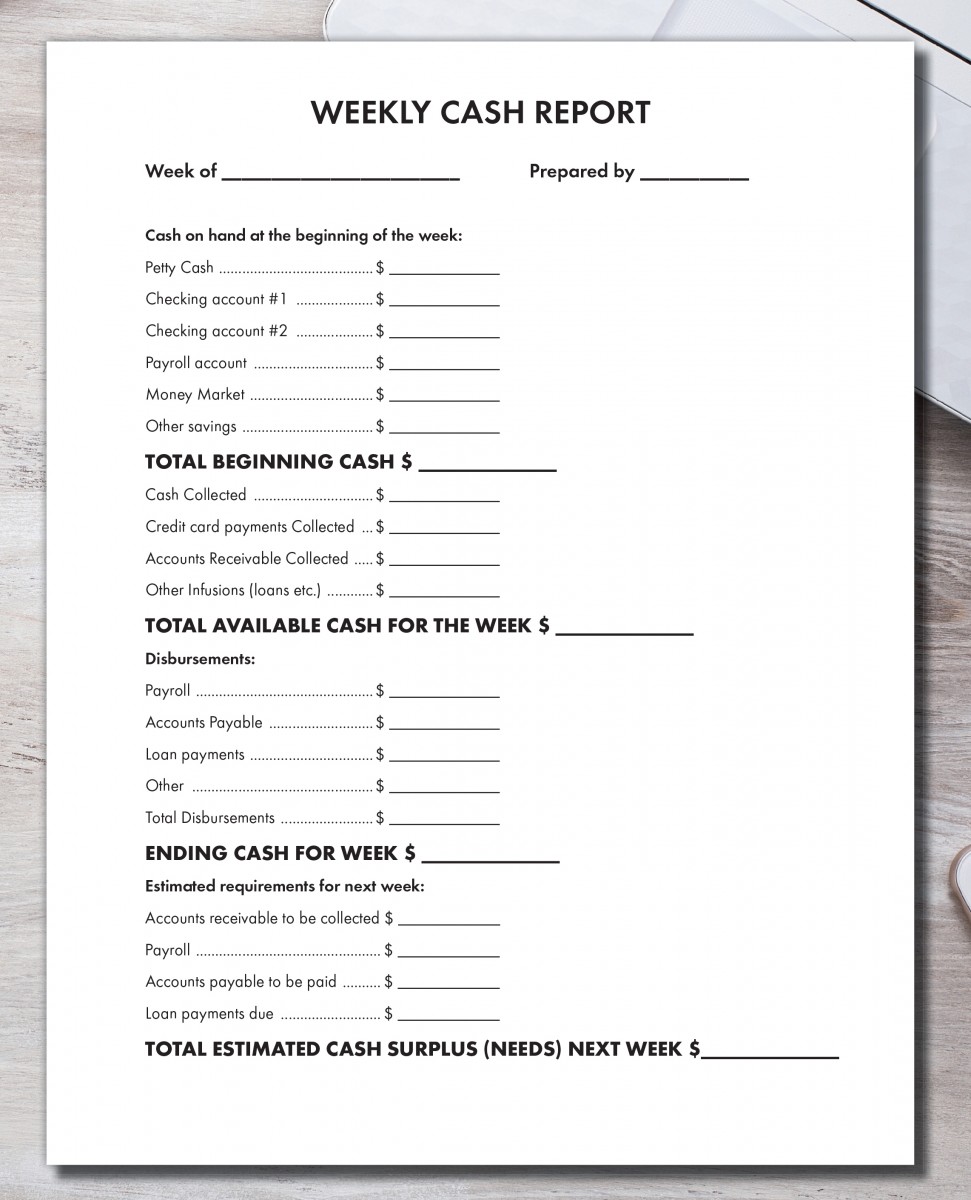Over the past 35 years, I’ve seen HVACR contractors do some truly stupid things during the summer season simply because they were “too busy” to work smart. The busy season doesn’t give you the right to relinquish your business acumen. Protect your profitability and cash – don’t do stupid things.
So, to ensure you think smarter, over the next few months I’ll reveal some of the stupidest things that contractors do. I am willing to bet that after reading these stories, you’ll think twice before making the same mistakes.
Following are the two stupidest things contractors do:
Stupid Thing #1 – NOT Hiring a Part time (or full time) parts runner
Even if you have a two-person business, you can and should hire a summer part time parts runner. A parts runner allows you to keep working and generating revenues, while s/he takes over some of the more time-consuming tasks. While you build your business, s/he picks up the materials required for jobs and drops them off in a designated place in your warehouse. S/he can also make runs to the parts house as needed, and many times will jump in to be the second pair of hands a crew needs to load equipment in and out of homes. Retired military procurement personnel and young people wanting to learn the trade, usually make great parts runners.
How to calculate the cost of the parts runner:
1. The parts runner works 20 hours weekly at a rate of $18/hour
2. The truck cost is $10/hour
3. Social security taxes and other benefits are 30% of the hourly wage
4. The gross margin of the company is 40%
The weekly revenues the company has to generate to pay for the parts runner:
Wages: 20*18*1.30 = $468
Truck cost: 20*10 = $200
Total cost: $668
Total Revenue needed:
668/40% = $1,670
Smart Time, Smarter Money
Now, that you know how to grow your business and still get things done without being stupid, answer this question: can you generate an additional $1,670 a week to pay for the parts runner in the summer? Of course, you can.
Better still, can the parts runner save you $1,670 a week or $334 a day? Indeed, he can – much better.
If the parts runner gets the company field personnel an additional productive hour on a job each day, the parts runner pays for himself. You don’t have to take a crew member off a job or a technician off a call, to run to the parts house. Your crew can keep working and generating revenue for the company, while you build your business.
Stupid Thing #2 – Not checking payment receipts for service calls
For most service calls, the technicians collect payment while out in the field. It’s important – even when during the busy season when you can barely come for air – to review all the cash, check, and credit card payments that come in to ensure they are deposited into your company’s bank account.
A recent example where this went terribly awry serves as a warning to all HVACR entrepreneurs. A service technician applied for and got a Square credit card payment processing device. The Square was registered in the company’s name. However, it was attached to his bank account. All he needed was the company’s Federal ID number printed on the W-2 form he received at the end of the year to file his taxes, and it was easy theft.
When the customers paid him for the service call via credit card, he used his Square device rather than the company’s credit card processing device. Therefore, since the company’s credit card processing device was not used, the accounting system never recorded the customer payment. Although these customers’ names were listed on the aged receivables report, the bookkeeper, “too busy” to check, did not catch the glaring missing payments.
The owner had a habit of checking the aged receivable reports every Friday as part of his weekly cash flow report review (this takes less than five minutes a week). During his weekly review, he noticed service calls that had not been paid. Upon further investigation, he discovered all of the unpaid service calls were performed by the same technician. This didn’t make sense to him, so he called the customers.
The owner asked the customers whether their systems were working properly and whether they were happy with the service. All replied, yes. He then asked whether they remitted payment to the technician. All said they had. Finally, he asked whether they would mind sending him a copy of the credit card receipt. He received all the receipts. When he reviewed them, he noticed the company name was correct, but there was a different bank account.
The customers had paid their bills. However, the company didn’t receive the money.
Subsequently, the owner caught the technician stealing. The technician was arrested and charged with 7 federal counts of identity theft, money laundering, etc. He’s deservedly serving time for the crime. But the lesson here is more for you than for the moronic thief. If you work smarter and don’t get caught in the stupid things that contractors do trap, you will stand confidently at the helm of your profitable business and lead a loyal customer base, rather than reflect on the stupid thing you did that time when you hired a thief.
NOTE: If you’d like to see a copy of the weekly cash flow report, see the sample document at the end of this feature. The weekly cash flow document is the report that the bookkeeper provides to the contractor every Friday afternoon. An aged receivables and an aged payables accounting are attached to the report. He caught the technician when the aged receivables report didn’t make sense to him.
If you liked this first installment of the Stupid Things series, specifically, The Stupid Things HVACR Contractors Do in the Summer, stay tuned because next month I’ll write about two more stupid things a contractor should never do. For more articles like this, go to https://www.hvacrbusiness.com/finance.html or be sure to read more features in our finance section every month.
REQUEST WEEKLY CASH REPORT BELOW
{{ruth-king-request-form}}








